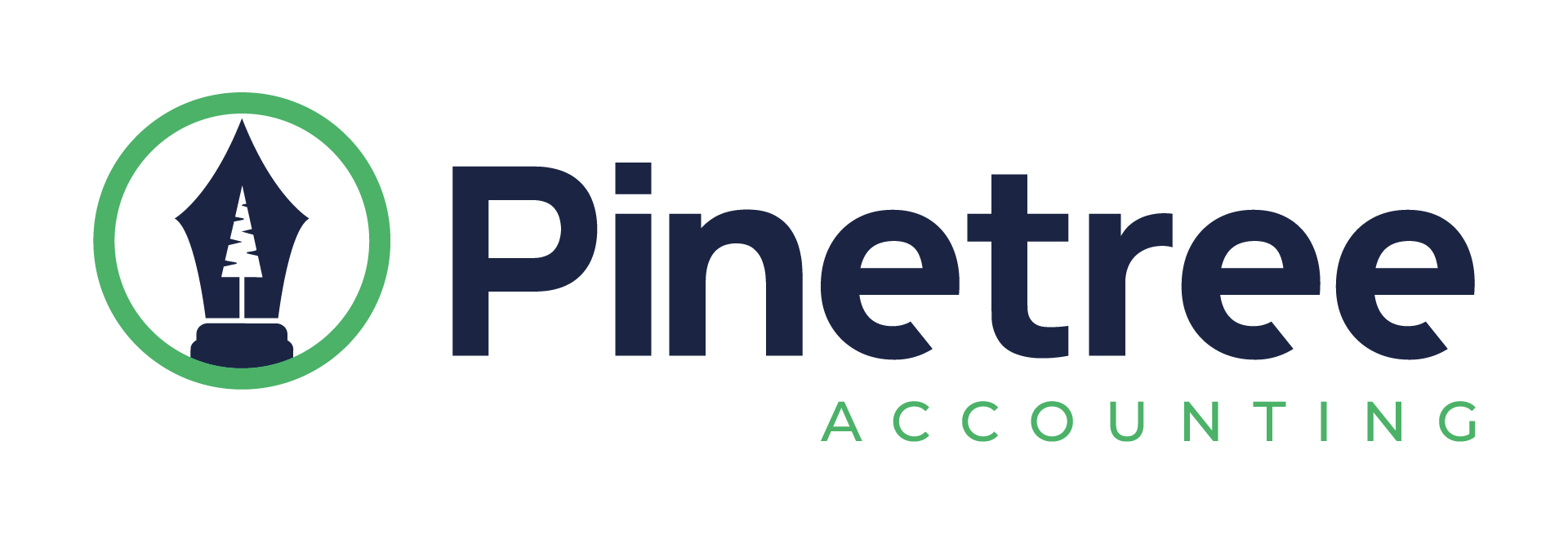Why Logistics Companies in Hong Kong Need Specialist Accounting
Hong Kong’s logistics industry stands as a cornerstone of the Asian economy, contributing 6.2% to local GDP and employing 185,500 professionals across the sector. The trading and logistics industry collectively generated HK$169.2 billion in economic value, making it one of the four major pillars supporting Hong Kong’s prosperity. For logistics companies and freight forwarders operating from bustling hubs like Central, Tsim Sha Tsui, and Kowloon Bay, managing financial operations goes far beyond standard bookkeeping.
The complexities facing freight forwarding companies—volatile cargo volumes, multi-currency settlements, intricate supplier relationships with airlines and ocean carriers, and strict Inland Revenue Department (IRD) compliance—demand accounting expertise tailored to the industry. Generic accounting services often miss crucial opportunities for tax relief and compliance shortcuts that specialist practitioners understand instinctively.
IRB Compliance Central for Logistics Companies: Tax Deductions & Cargo-Specific Relief
The Inland Revenue Department recognises that logistics and freight forwarding businesses operate under unique constraints. Understanding which expenses qualify for deduction is essential for maximising profitability while maintaining full compliance.
Fully Deductible Cargo and Logistics Expenses:
- Freight and shipping inwards (purchasing goods for resale or handling)
- Cargo handling fees at ports and airports
- Airline and shipping line payments for cargo space
- Ground transportation and consolidation costs
- Warehouse storage and terminal fees
- Labour costs for loading, unloading, and cargo documentation
- Insurance premiums for cargo in transit
- Customs broker and freight forwarding agent fees
Capital Allowances for Logistics Equipment:
Unlike accounting depreciation, the IRD permits capital allowances on plant and machinery used in your logistics operations. For freight forwarding companies, this includes equipment such as forklifts, handling machinery, and computer hardware systems for tracking shipments. The initial allowance (IA) stands at 60% in the year of acquisition, with annual allowances at prescribed rates of 10%, 20%, or 30% on the reducing value—significantly accelerating your tax deductions compared to standard accounting depreciation.
For detailed IRD guidance on deductions and allowances, refer to https://ird.gov.hk.
Multi-Currency Settlement and Foreign Exchange Management
Freight forwarders and logistics companies regularly invoice customers in USD, EUR, and SGD, while managing supplier payments across similar currencies. Improper foreign exchange accounting can distort profit calculations and trigger IRD queries.
Best Practice FX Management:
- Record all invoices and payments at transaction exchange rates
- Realised gains and losses are taxable or deductible
- Unrealised exchange differences at year-end should be reviewed carefully—the treatment depends on the nature of the transaction and IRD interpretation
- Maintain detailed FX records for seven years (IRD requirement) supporting all currency conversions
- Use consistent accounting policies aligned with Hong Kong Financial Reporting Standards (HKFRS) or, if eligible, the simplified SME-FRS framework
Many logistics SMEs underestimate the complexity of FX treatments. Specialist accountants ensure your currency gains do not inflate taxable income unnecessarily, and that genuine losses are claimed.
Payroll Compliance for Logistics Teams Across Hong Kong Districts
Logistics companies employ drivers, warehouse operatives, administrative staff, and management across multiple locations—Kwai Chung container terminals, Tseung Kwan O industrial areas, and urban offices in Central and Mong Kok. Each payroll cycle must reflect Hong Kong’s strict employment regulations.
Mandatory Payroll Obligations:
- Mandatory Provident Fund (MPF): Employer and employee contributions of 5% each (capped at HKD 1,500 monthly)
- Salaries Tax filing (Form IR56B annually for employers; employee tax returns individually)
- Minimum wage compliance: HKD 40 per hour (as of latest government rates)
- Statutory Rest Days and statutory holidays per the Employment Ordinance
- Wage payment within 7 days of the wage period’s end
- Seven-year record retention for payroll documentation
Streamlining Payroll Execution:
Cloud-based payroll software integration automates MPF calculations, tax filings, and compliance reporting—reducing manual errors that can trigger Labour Department penalties. For multi-site logistics operations, outsourced payroll services ensure consistency and real-time compliance across all your teams, whether based in Kwai Chung, Admiralty, or Cyberport.

Accounting Standards for Logistics SMEs: Simplified Reporting Framework
Not every logistics company must adopt full HKFRS reporting. Hong Kong’s simplified SME Financial Reporting Framework (SME-FRF & SME-FRS) streamlines compliance for eligible companies while maintaining audit standards.
Eligibility Criteria (must meet 2 of 3 for two consecutive years):
- Gross revenue below HKD 100 million
- Total assets below HKD 50 million
- Average employees below 50 persons
Many mid-sized freight forwarders and logistics operators qualify for simplified reporting, which reduces accounting overhead without compromising audit credibility. However, some entities—such as those with listed shareholders or public regulatory obligations—remain ineligible and must maintain full HKFRS compliance.
Bookkeeping and Record-Keeping for IRD Audits
The IRD audits logistics companies routinely, particularly those handling high-value cargo or maintaining significant international payment flows. Seven-year record retention is mandatory.
Critical Documents:
- Sales invoices (cargo forwarding, freight charges)
- Purchase documentation (carrier invoices, freight bills, customs entries)
- Bank reconciliations and payment evidence
- Payroll records and MPF statements
- Fixed asset registers and depreciation schedules
- Foreign exchange transaction records
- Customer and supplier contracts
Logistics companies with incomplete or disorganised records face IRD penalties and potential underpayment assessments. Pinetree’s outsourced bookkeeping services maintain cloud-based ledgers accessible in real-time, ensuring every transaction is categorised correctly and audit-ready.
Frequently Asked Questions on Logistics Accounting in Hong Kong
What is the corporate profits tax rate for freight forwarding companies in Hong Kong?
The standard corporate profits tax rate for freight forwarders is 16.5% on assessable profits (or 8.25% under the two-tiered system on the first HKD 2 million of profit). No special concessionary rate applies to freight forwarding; however, those with qualifying shipping activities (ship agency, management, or broking) may qualify for 0% to 8.25% relief under specific conditions—consult a CPA to assess eligibility.
Can we claim depreciation on our warehouse and sorting facility equipment?
Yes, capital allowances (not accounting depreciation) apply to plant and machinery used directly in logistics operations. Equipment like conveyor systems, sorting machinery, and forklifts qualify for an initial 60% allowance plus annual allowances. Industrial buildings may qualify for special building allowances under certain conditions.
How do we handle inter-company freight charges between our Hong Kong HQ and overseas branches?
Inter-company charges must be set at arm’s length rates per Hong Kong’s transfer pricing rules. Document the commercial basis—typically market rates for equivalent services. If your overseas operations are substantial, transfer pricing compliance becomes critical; the IRD scrutinises such transactions closely.
What happens if our freight forwarding subsidiary in Hong Kong has no profit due to operational costs exceeding revenue?
Losses can be carried forward indefinitely to offset future profits in subsequent years, subject to continuity-of-ownership rules. However, if your business restructures or transfers ownership significantly, loss carry-forward rights may be forfeited. Maintain detailed loss records and advise your accountant of any structural changes.
Districts and MTR Access: Pinetree’s Presence Across Hong Kong
Pinetree Accounting Services operates from Tsim Sha Tsui’s New Mandarin Plaza, positioned strategically near Kowloon Bay logistics hubs and East Kowloon cargo terminals. Our team understands the operational rhythm of logistics companies across Hong Kong.
Our Comprehensive Accounting Solutions for Logistics Operators
Pinetree’s HK CPAs specialise in serving logistics and freight forwarding companies with measurable results. Our services encompass:
- Outsourced bookkeeping and general ledger management with cloud-based systems ensuring real-time visibility
- Payroll services fully compliant with MPF, Employment Ordinance, and IRD requirements
- Tax planning and compliance, including Profits Tax returns, employer filings, and IRD correspondence
- Audit arrangement and financial statement preparation meeting HKFRS or SME-FRS standards
- Company formation for new logistics ventures entering Hong Kong or restructuring existing operations
- Corporate secretarial services maintaining statutory compliance and company administration
Contact Your Local District Team Today
Managing accounting for a logistics or freight forwarding business requires more than general bookkeeping. It demands sector-specific expertise, real-time payroll management, and proactive tax planning aligned with IRD regulations.
Get a free consultation with our Tsim Sha Tsui team via WhatsApp or phone to discuss your specific accounting challenges—no obligation, no fees.





